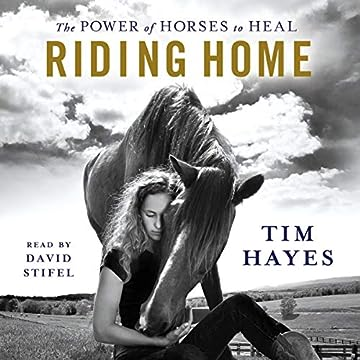Pre-reading
The Truth Chronicles (Books 1-9)by Tim Chaffey and Joe Westbrook
Copied from the Answers in Genesis website: Four teens find themselves caught up in the issues of everyday life and thrust into events they never expected. Their travels back in time lead them to questions about their own existence and the existence of God. Books 1–3 follow the teens during their sophomore year on a time travel adventure based on inventions for their school’s science fair. Books 4–6 take us on another adventure during their junior year, and book 7 also involves their science fair projects. Books 7–9 also follow a similar pattern during the teens’ senior year. These books maintain a healthy dose of defending the truth of Scripture. The bulk of apologetic issues covered in the first six books have to do with the creation/evolution and age of the earth debate. While there is still some of this in the last three books, the primary apologetic issues relate to answering skeptical claims about Jesus Christ.
These books contain many of the apologetic arguments that you find throughout the Answers in Genesis materials, but presented in a way that is engaging to pre-teens and teens. Overall, I thought it was pretty good. I didn't care much for the illustrations (done in the "manga" style). And I would have preferred that they left out the teenage romantic interests. I didn't think that was really necessary for the story, although I suppose the authors thought it would make it more "realistic." They did at least have the Christian teen stand up for her convictions and kindly refuse to date an unbeliever, even though she really liked him. And even after he becomes a believer, they decide not to date till they are older (at least not "officially") and to take precautions to avoid temptation (such as never being alone together). The teens frequently jokingly insult each other. It's always done in fun and never really seems mean-spirited, but my experience as a teen and young adult makes me shy away from this kind of talk as it can end up hurting people when repeated too often. I strewed these books, but none of my kids seemed interested.

The Smithsonian Book of Presidential Trivia
Since we studied each of the presidents this past school year, this book piqued my interest. It is relatively short and easy to read. Mostly fun. Although, I was dismayed to learn how many presidents were unrepentant adulterers -- while in office.
Personal Reading
David Copperfield
by Charles Dickens
It's been a very long time since I read this one. I remembered bits and pieces of it but had forgotten enough to keep me guessing as to the outcome. As I say every time I review a Dickens book, I admire his skill as a writer: his use of irony, tongue-in-cheek, dry humor, satire, metaphors, repetition for dramatic effect, foreshadowing, memorable/despicable characters, etc. My blood boils when I read of adults who assume the worst about children and treat them with such cruelty. I alternated listening to the audiobook by Patrick Tull (he's an excellent narrator!) and reading it myself. Dickens said this was his favorite of all his books. I think I agree with him.
Riding Home: The Power of Horses to Heal
by Tim Hayes
Supposedly this book was about equine therapy, but it seemed to talk more about psychotherapy. It had some stories about horses helping people heal from trauma (physical, emotional, psychological) and had some good points to make. But it spent a lot of time on the supposed evolution of horses and using horses to examine one's one psychological processes. The author also seemed to repeat himself too much. I didn't finish before it was due back at the library, and I wasn't sorry to turn it in unfinished.
Homemade Sourdough
by Jane Mason
One of my goals this summer was to experiment in the kitchen. One of those experiments has been with sourdough. I learned how to make the starter from this video:
Bread for Life. While the pizza crust recipe from that video worked well for us, we weren't thrilled with the results for pancakes or bread (too dense and heavy). I found (successful) recipes on the internet for sourdough crackers, biscuits, and chocolate muffins. From this cookbook, we made fluffy waffles, pita bread, bagels, and "daily" bread. These all turned out tolerable but need some more practice. My second attempt at the "daily" bread was much better than the first. I really like that this book has pictures and explanations of common problems with sourdough and how to fix them (such as dense bread often results from a dough that is not wet enough). One of my children, in a pre-meal prayer, said "Thank you, God, for mommy's experiments in the kitchen." :-)





No comments:
Post a Comment